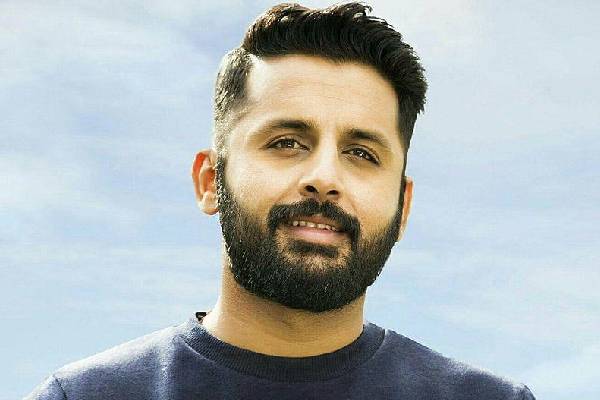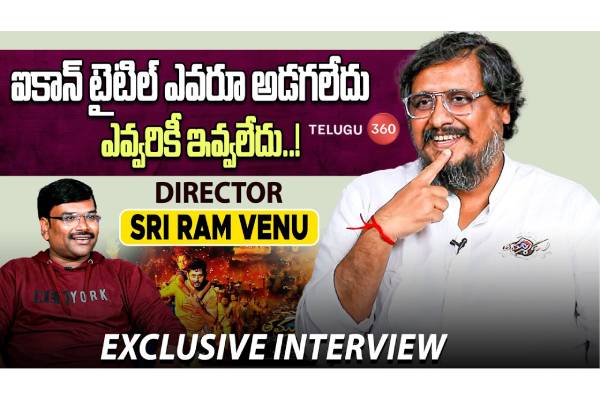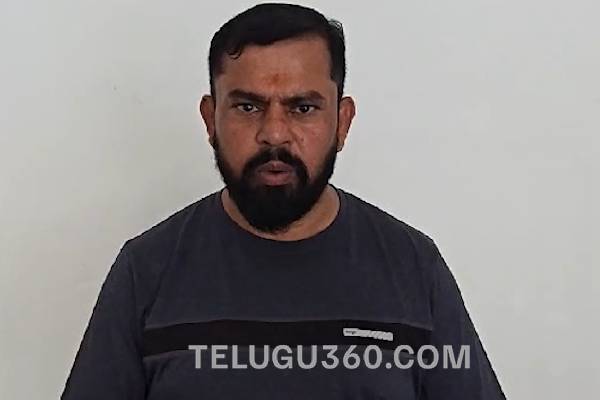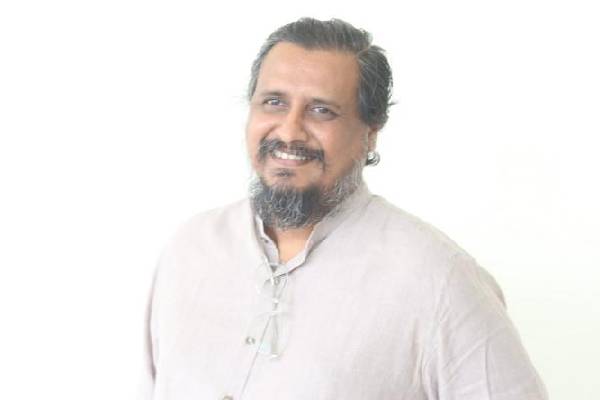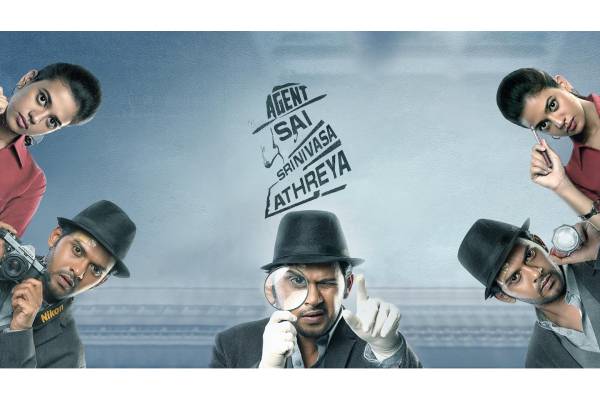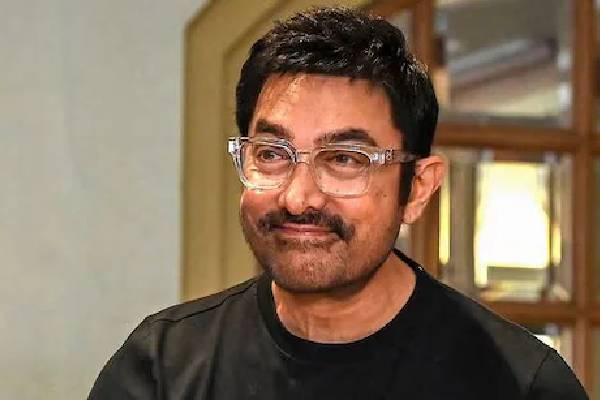Supreme Court
-
Supreme Court relief to AP IAS in contempt case February 11, 2021
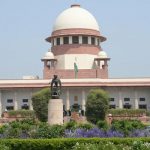
-
Supreme Court shock to AP on Green Tribunal order February 1, 2021

-
Hyderabad encounter: SC extends term of probe panel by 6 months January 29, 2021

-
Big breaking: Supreme Court green signal for local body elections January 25, 2021

-
How will courts find out who is a fake baba, asks SC January 21, 2021

-
Big breaking: SC suspends farmer laws, but not indefinitely January 12, 2021

-
TATAs drag Jagan Govt to Supreme Court on PPAs December 18, 2020

-
SC blow to A B Venkateswara Rao November 26, 2020

-
SC stays media gag order in Amaravati land scam case November 25, 2020

-
Did SEC ask you to stop welfare schemes: SC to AP govt November 16, 2020

-
Supreme Court judge refuses to hear Jagan contempt case November 16, 2020
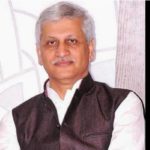
-
SC reverses Telangana HC order on Diwali crackers November 13, 2020

-
Supreme Court to hear anti-Jagan petitions on Nov 16 November 6, 2020

-
Supreme Court notices on TDP Mangalagiri building October 27, 2020

-
Petition in SC to remove Jagan as CM October 14, 2020

-
Petition filed against CM Jagan in Supreme Court October 13, 2020

-
Supreme Court bars arrest of Dr Ramesh Babu September 14, 2020

-
SC sends notice to ‘T’ on Ayushman Bharat September 11, 2020

-
SC setback to AP govt English medium move September 3, 2020

-
Supreme Court asks CBI to investigate Sushant Singh Rajput’s case August 19, 2020

-
Jagan govt moves SC, seeks stay on HC order on Amaravati August 8, 2020



